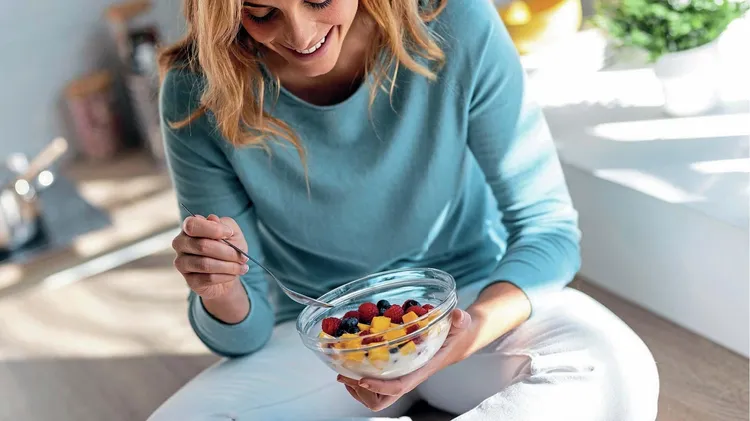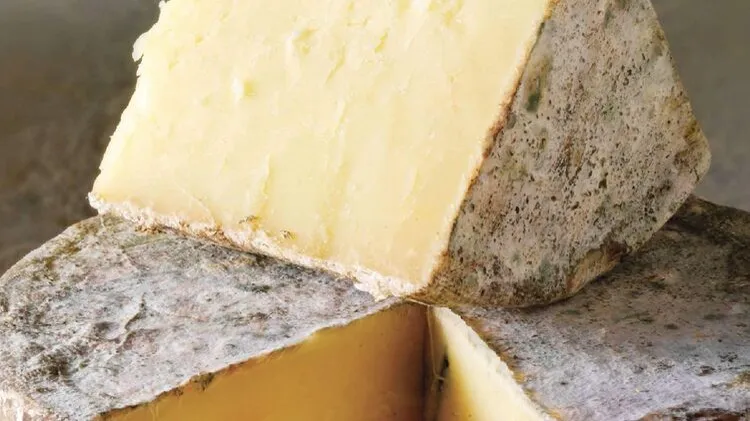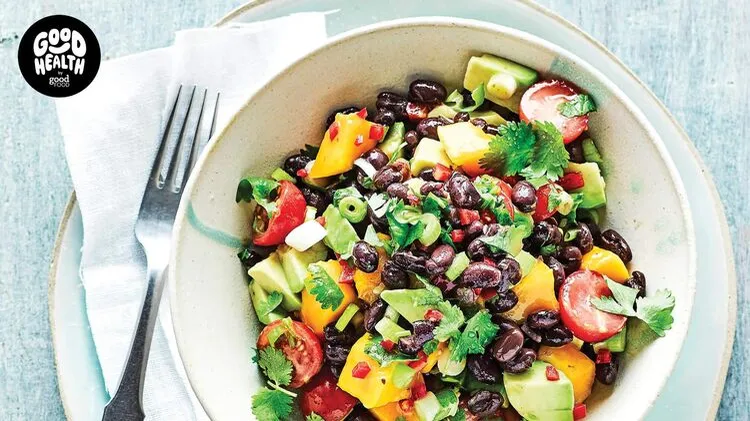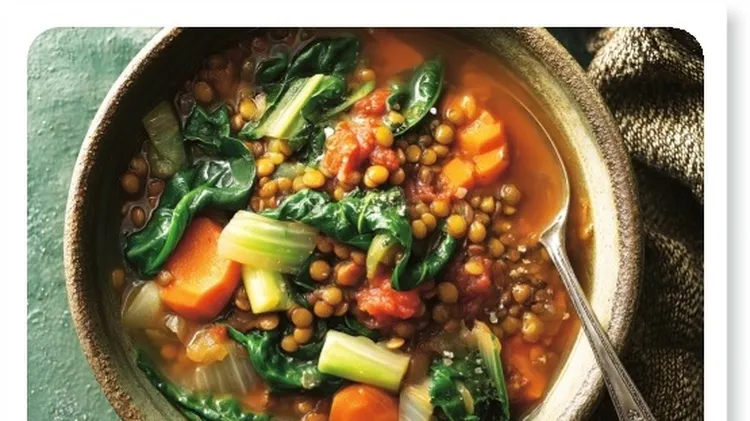Confused by the misinformation surr
Health & wellbeing what is a healthy, balanced vegan diet?
4 min read
This article is from...
Read this article and 8000+ more magazines and newspapers on Readly






